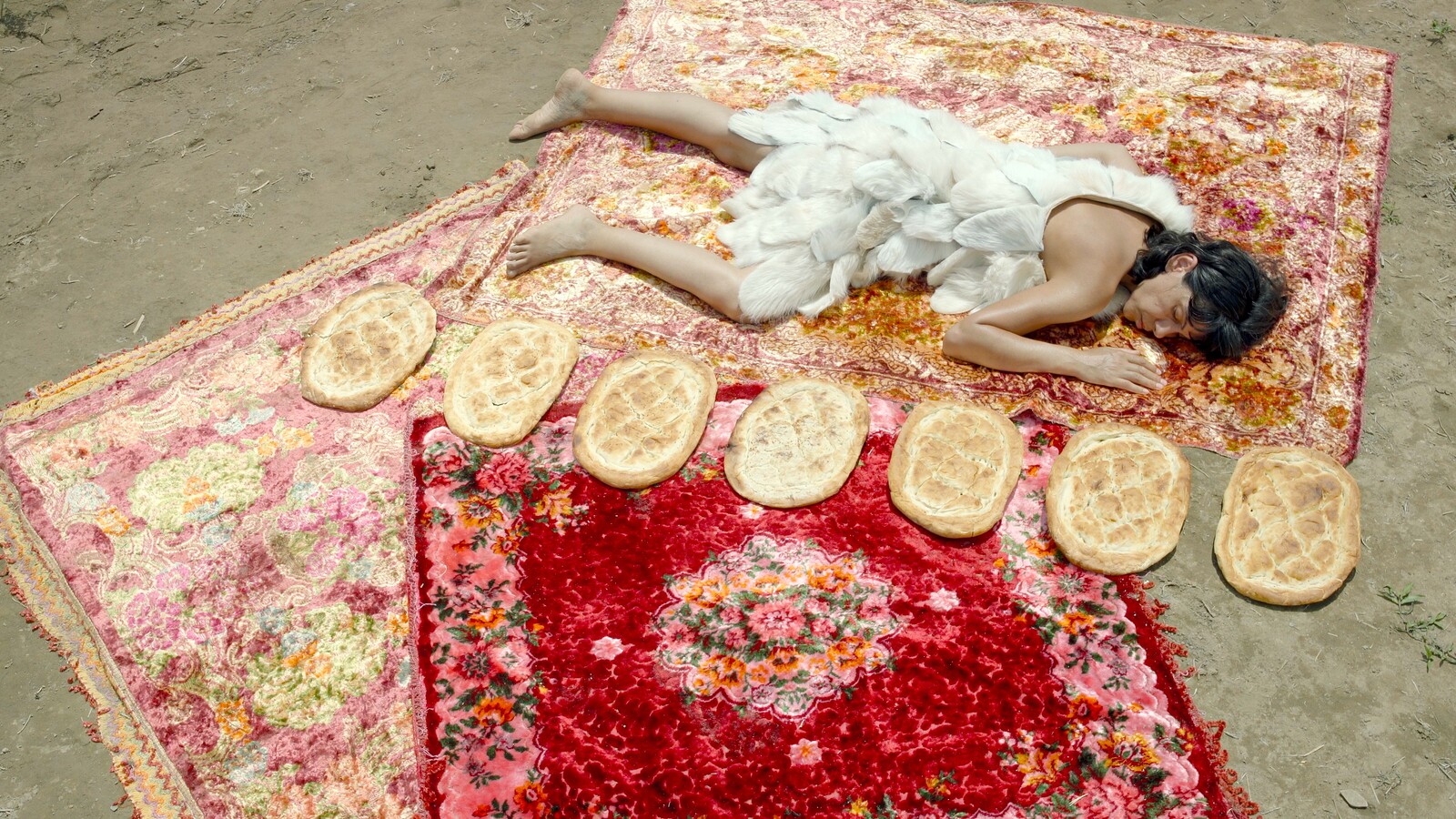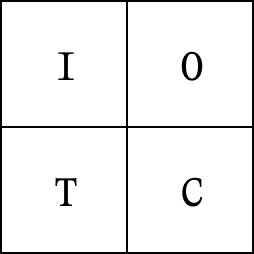November 5–19, 2022
The Institute of the Cosmos (IOTC) is pleased to announce three upcoming screenings of its film productions.
Gilgamesh: She Who Saw the Deep, a film by Anton Vidokle and Pelin Tan, will screen at _underscore in Milwaukee on Saturday, November 5, at 7pm EST.
On Sunday, November 6, at 8pm CET, 20 Seconds Magazine hosts a screening of Anton Vidokle’s Autotrofia in conjunction with the launch of the magazine’s issue 5 at Morphine Raum in Berlin.
As part of the series The Trace: Theaster Gates Selects at Metrograph in New York, Immortality for All by Anton Vidokle will screen on Wednesday, November 16, at 3pm EST, and Saturday, November 19, at 7:45pm EST. Tickets can be purchased here. An in-person Q&A with Anton Vidokle will follow the 7:45pm screening on November 19.
Gilgamesh: She Who Saw the Deep
Kurdish and Turkish with English subtitles, 47:12 minutes, 2022
The Epic of Gilgamesh is the oldest literary work discovered to date. Composed in Mesopotamia more than five thousand years ago, it describes the journey of Gilgamesh, the ruler of one of the first historical metropolises: Uruk. Following the death of Enkidu—the best and closest friend—Gilgamesh embarks on a quest to find immortality, so as to avoid meeting the same fate. Part god and part human, Gilgamesh encounters a varied cast of personages, ranging from the Goddess Ishtar and Scorpion people, to Utnapishtim, who, like Noah, saved humanity from the Great Flood by building an arc. Filmed on the banks of the Tigris River, near the ancient cities of Mardin, Hasankeyf, and Dara, the film takes us on a journey through time and space. Inspired by Sumerian cosmology as well as the philosophy of cosmism, and accompanied by an original score by Alva Noto, Gilgamesh: She Who Saw the Deep is a meditation on questions of living, death, friendship, love, and immortality. This film is in Kurdish and Turkish, and features an all-woman cast of actors from the Amed Theater in Diyarbakır.
Autotrofia
Italian with English subtitles, 31:37 minutes, 2020
Shot in Oliveto Lucano village in the south of Italy, Autotrofia is simultaneously a documentation of a very ancient pagan fertility ritual that is still practiced in this region, and scripted fiction, based on writings of the painter Vassily Chekrygin and the scientist Vladimir Vernadsky. The scripted content of the film explores the ecological dimension of cosmism: a desire to transform and evolve in such a way that humans would not need to kill and consume any other living organism in order to produce the energy necessary for living, and instead learn from green plants how to generate nutrition directly from the Sun. This idea, first developed at the turn of the 20th century, is juxtaposed with an older, pagan celebration of King Oak and King Holly: a harvest festival in which two trees that represent summer and winter are joint into one supernaturally tall tree, completing and connecting the seasonal cycle created by the orbit of our planet around the Sun.
Immortality for All
Russian with English subtitles, 96 minutes, 2014–17
Today the Russian philosophy known as cosmism has been largely forgotten. Its utopian tenets—combining Western Enlightenment with Eastern philosophy, Orthodox Christian traditions with Marxism—inspired many key Soviet thinkers until they fell victim to Stalinist repression. In this three-part film project, artist Anton Vidokle probes Cosmism’s influence on the twentieth century and suggests its relevance to the present day. In Part One he returns to the foundations of Cosmist thought (This Is Cosmos, 2014). Part Two explores the links between cosmology and politics (The Communist Revolution Was Caused By The Sun, 2015) and Part Three restages the museum as a site of resurrection, a central Cosmist idea (Immortality and Resurrection for All!, 2017). Combining essay, documentary and performance, Vidokle quotes from the writings of Cosmism’s founder Nikolai Fedorov and other philosophers and poets. His wandering camera searches for traces of Cosmist influence in the remains of Soviet-era art, architecture and engineering, moving from the steppes of Kazakhstan to the museums of Moscow. Music by John Cale and Éliane Radigue accompanies these haunting images, conjuring up the yearning for connectedness, social equality, material transformation and immortality at the heart of cosmist thought.


